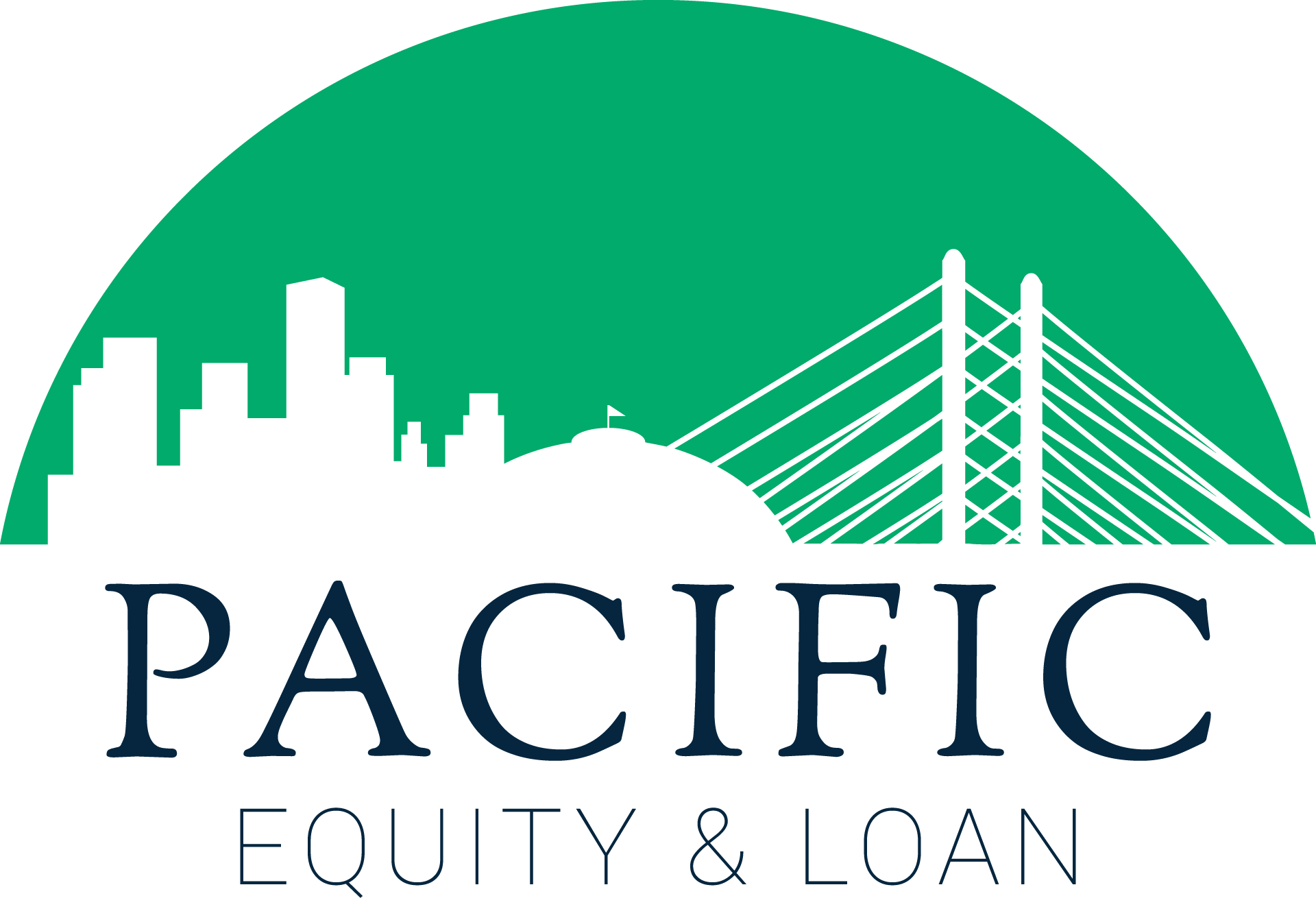The process of preparing to buy a house is both exhilarating and nerve-wracking. We understand how easy it is to become overwhelmed with all of the steps involved in becoming a homeowner. There is one thing you can do to come closer to your goal of property ownership. Getting pre-qualified for a mortgage or a home loan can alleviate some of your house-hunting concerns.

What Is Pre-Qualification?
Pre-qualification entails providing a bank or lender with a comprehensive financial picture, which includes debt, income, and assets. Based on the information you submit about your finances, the lender will then give you an estimate of how much you might be able to borrow.
The initial process of pre–qualification also gives you the chance to learn about different mortgage options and work with your lender to find the best fit for your mortgage-related requirements and goals.
Pre-qualification is quick, usually requiring one to three days to receive a letter of pre-qualification, and can be done over the phone or online, and it normally comes at no cost.
It is imperative to note that pre-qualification doesn’t necessarily guarantee a mortgage. It does, however, specify the maximum loan amount you could obtain. A real estate investor who has been pre-qualified does not have the same weight as a buyer who has been pre-approved and has been thoroughly investigated. Getting pre-approved is the next step, and it’s much more involved.

Why You Should Get Pre-Qualified for a Mortgage?
You might think that obtaining pre-qualification adds to your to-do list when searching for a property to purchase. However, getting pre-qualified makes buying a house less stressful in the long run. Pre-qualification allows you to reap the benefits listed below:
You’ll get an idea of your budget
By getting pre-qualified, You will be able to narrow down your pool of potential properties and you can build your budget around the amount of money a lender is ready to lend. Along with this, you can set an upper limit to help you avoid looking at properties that are out of your price range.
Be in a stronger position and surpass other potential buyers
Having your pre-qualification provides you a leg up on other potential purchasers. It demonstrates that you are ready and willing to buy a house. Because your competitors may not have their pre-qualifications available, you’ll be more appealing to sellers than other buyers who aren’t.
You can save time
After you’ve located the ideal property, pre-qualification allows you to close your mortgage faster. When you’re ready to get situated in your new home, there’s no need to fill out paperwork and wait for lenders to complete it. Taking care of everything beforehand will give you one less task to worry about as you purchase a property.
You will be able to plan other expenses
Having a pricing range to work with allows you to plan for the extra costs that come with owning a property. Make sure to account for these in your budget so you don’t go over the limit set by the lender.
Solve any problems regarding your financial reports
You may discover inaccuracies in your credit score, credit report or other evidence while obtaining your pre-qualification. You will save time and money if you discover these concerns prior to purchasing a home.
You can make your offer more appealing
You want real estate brokers and sellers to choose you without hesitation when you locate your ideal house and make an offer. A seller’s mind is eased by mortgage pre-qualification. A simple action can increase their likelihood of accepting your offer.
Here we’ve said that having a pre-qualified mortgage makes your offer more appealing to sellers, it’s important to understand why. Before looking at houses, be pre-qualified because:
- If you aren’t pre-qualified, brokers, sellers, or real estate agents might refuse to deal with you.
- It demonstrates that completing a mortgage will be rather easy.
- It informs sellers that your information has been confirmed by a bank or a lender.
- Agents and sellers will see that you are serious about purchasing a property.
- When a loan application is submitted with pre-qualification, sellers may accept offers below the asking price.
- If you’re self-employed, it strengthens your offer.

Pre-Qualification vs Pre-Approval vs Underwriting vs Underwritten Pre-approval
In this section, we will learn about the overview and distinctions of pre-qualification, pre-approval, underwriting, and underwritten pre-approval. These are crucial to know as these are the next steps you’ll take to obtain the financing you need to purchase your investment property.
Pre Qualification vs Pre-approval
Basically, a pre-approval is generally a step up from a pre-qualification and will likely be the second step in your mortgage process if you decide to get pre-qualified first. For pre-approval, pre-qualification is not a prerequisite. However, some people prefer to seek pre-qualifications at the beginning of the house-hunting process to determine the price range of the homes they can afford and reap the benefits of getting pre-qualified.
Unlike a pre-qualification, a pre-approval contains more precise details. A pre-qualification letter only gives the estimated maximum amount that a lender is likely to lend to you, while a pre-approval letter actually outlines the parameters of a potential offer.
When it comes to pre-approval, in addition to completing the majority of a loan application and identifying your income, you’ll usually be required to share some documents to assist verify how much income and debts you have. Although a pre-approval is typically seen as a conditional commitment to lend, the ultimate approval of your loan is still subject to the final outcome of the whole underwriting procedure.
Underwritten
Consider underwriting as the final step before closing on your mortgage or home loan. The underwriting process can go on up until a few days before your scheduled closing date, making it frequently the most time-consuming element in the loan application process. All of your paperwork will be meticulously examined by an underwriter to ensure their accuracy.
After underwriting, your credit score is checked again to make sure it’s still excellent, and then you’ll be given a “clear to close” or a conditional approval.
Underwritten Pre-approval
Want to see whether you can purchase your ideal house without having to wait until underwriting? One option to complete the majority of the underwriting prior to making an offer so you can close more quickly and with fewer surprises is to obtain a fully underwritten pre-approval or get pre-underwritten.
Just as with pre-approval, you will submit all of your financial records, but before you put in an offer on a home, the underwriter will review them all. Your papers will be subjected to the same level of scrutiny as the loan itself while it is being underwritten.
Pre-underwriting is, in the end, a guarantee. You arrive knowing absolutely for certain that your house offer will really be approved for financing. In a competitive market, it may be an excellent tactic for beating out other bids and getting your bid accepted. To have bids approved, though, pre-underwriting is not a requirement.
Takeaway
Though getting pre-qualified doesn’t guarantee you a mortgage or home loan, it means a lot to brokers, agents, and sellers. Getting it is a useful tool to have on hand when negotiating prices, competing with other potential buyers, or making an offer on your ideal property. Although obtaining such an amazing component of your application may appear challenging, many pre-qualification processes are simpler than you may think.
Ready to get started? Here at Pacific Equity & Loan, we have a team of loan experts to guide you on your real estate investing journey. Get in touch with us today and discover what we can do for you!
Citation
“Why You Should Get Pre-Qualified Before Looking for a Home.” Assurance Financial, Assurance Financial, 11 Apr. 2022, https://assurancemortgage.com/why-get-pre-qualified-before-looking-for-home/#section1.
Chang, Ellen. “Pros and Cons of Mortgage Prequalification.” Bankrate, https://www.bankrate.com/mortgages/pros-and-cons-of-prequalification/.
Folger, Jean. “Pre-Qualified vs. Pre-Approved: What’s the Difference?” Investopedia, Investopedia, 28 Apr. 2022, https://www.investopedia.com/articles/basics/07/prequalified-approved.asp.
Dena Landon, et al. “Pre Approval vs Pre Qualified vs Underwritten Pre Approval: What’s It All Mean?” HomeLight Blog, 27 Oct. 2020, https://www.homelight.com/blog/buyer-pre-approval-vs-pre-qualified/.







